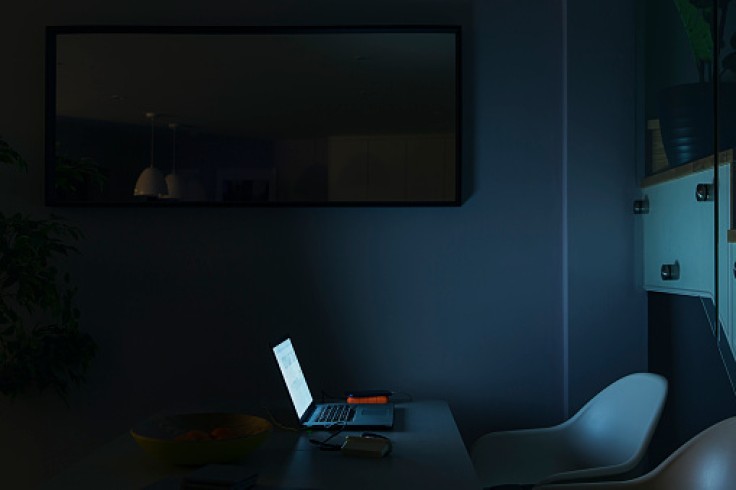An interruption in electricity can be caused by a lot of things, whether it's from natural causes like bad weather conditions, a grid overload, or upcoming maintenance. Regardless, you should still be prepared for them, and here are ways you can.

1. Purchase, Charge, Refill Your Generators
We have been reliant on electricity for years and a lot of household functions require them. With that said, you should have a working generator so you won't have to live through the stone age. It's also preferable that you get an electric generator rather than a gas-powered model since new models are now easier to use and set up.
2. Charge Your Devices
Power interruptions can happen unannounced, but more often than not, we do get warnings ahead of time. Charge your devices before that happens so you will have a means of entertainment while the power is out. Having a working phone could also come in handy, and charging before the outage means you won't have to use up power from your generator.
3. Unplug Your Appliances
Once the power goes out, you should try to unplug all the appliances in your home. The moment the power comes back on, there will be a surge of energy that could damage your electronics. The electricity will come back on quicker when it's not trying to power up all your electronics at the same time.
4. Make Sure At Least One Light is On
Since you have all your appliances and other wired electronics off, you won't really know when the power is back aside from your lights. Since they still consume power and can be damaged with a surge, it's still advisable to turn them off. Leave at least one on for you and for the workers who are conducting the maintenance service.
5. Purchase or Charge Electric Light Sources
When the power outage occurs during or until nighttime, you will obviously need a light source inside your home. If you can, try to avoid using candles as they can be fire hazards. Besides, battery-powered lamps emit more light than candles. There are products that are rechargeable so you won't have to worry about stocking up on batteries.
6. Set Up Your Radio and Internet Connection
Depending on what caused the power outage, you might need a channel where you can listen to or read about updates. You can use mobile data to connect to the internet, but in the event that a natural cause disrupts your signal, it's also better to have a radio handy. Authorities will likely make announcements there as well.
7. Keep Your Frozen Goods Frozen
When you don't live in a cold area, you will need artificial ways to keep your food frozen to avoid spoilage. Since refrigerators require so much power, it's not advisable to include it in the load of your generator. Most can't handle something that big anyway. Keep it closed so the coldness will remain for as long as it can.
8. Find Ways to Entertain Yourself
It might not sound important, but we have grown used to having access to electronics and Wi-Fi, so a power outage can get boring. You can gather board games or download movies and shows on your smart devices. If it's bright enough or if you have a light source, you can even opt for a book.









